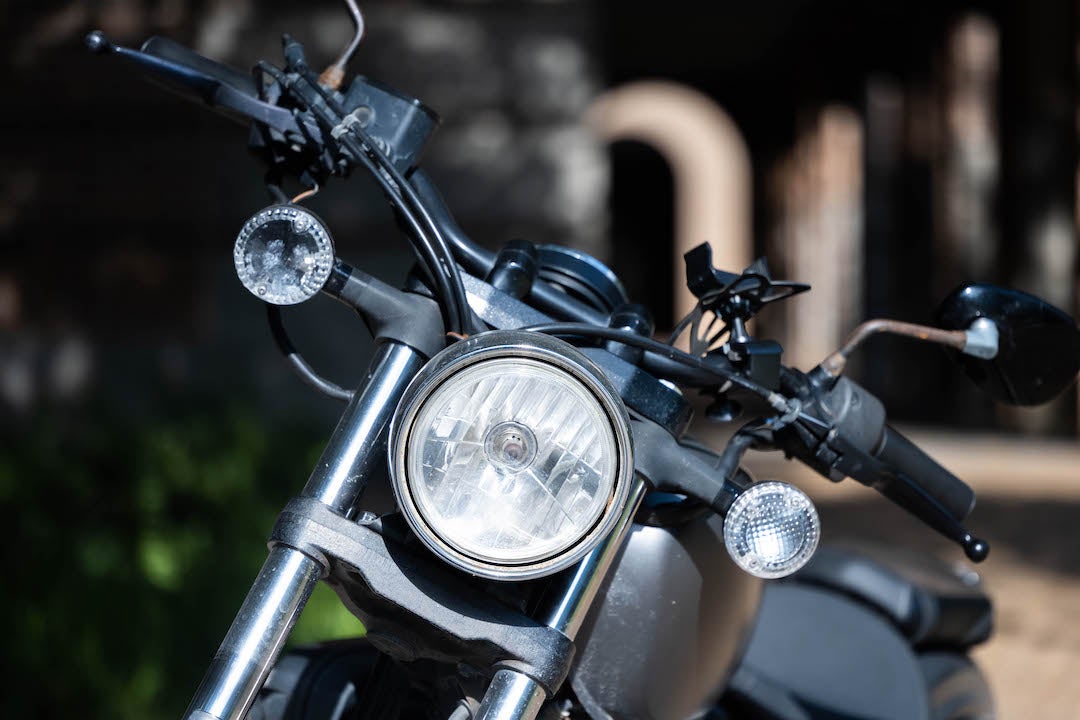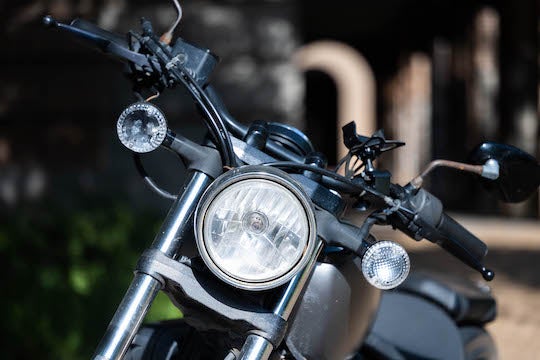Motorcycle drivers are 27 times more likely to die in an accident than those in regular passenger vehicles. Night driving is especially dangerous, accounting for nearly half of all fatal crashes.
Now a new study has found that a reimagined lighting configuration -- six lights running from the top to the bottom of a motorcycle rather than a single headlight -- could help improve other motorists’ abilities to see them.

The study published in the journal Transportation Research Part F: Traffic Psychology and Behaviour was conducted by researchers Pat DeLucia from Rice University and Bradley Weaver from Emory Healthcare, who earned his Ph.D. at Rice.
“Because motorcycles are smaller than many other vehicles, it is more difficult for other drivers to accurately judge their motion on the roadway,” said Weaver, the study’s lead author and a human factors engineer and researcher who did his doctoral dissertation on the topic. “It is particularly difficult at night when a motorcycle has only a single headlight because other drivers can’t see the motorcycle’s full height or width.”
The study revealed that improved lighting could result in other motorists being able to see motorcycles up to 0.8 seconds sooner.
“Just under a second might not seem like a lot, but reducing a driver’s response time to a potential collision can make a difference between life and death,” said DeLucia, a professor of psychological sciences who conducts human factors research, particularly related to transportation and health care.
For the study, DeLucia and Weaver recruited 35 people who were between 19 and 70 years old to take part in a laboratory driving simulation. The researchers measured how quickly the participants saw motorcycles with various enhanced lighting configurations that illuminated their full height and width. Each of the new designs improved response times compared with a single headlight, but the participants reacted most quickly to the configuration of six lights.
The study entitled “Effect of motorcycle lighting configurations on drivers’ perceptions of closing during nighttime driving” is available online at https://www.sciencedirect.com/science/article/pii/S1369847822001942 .

